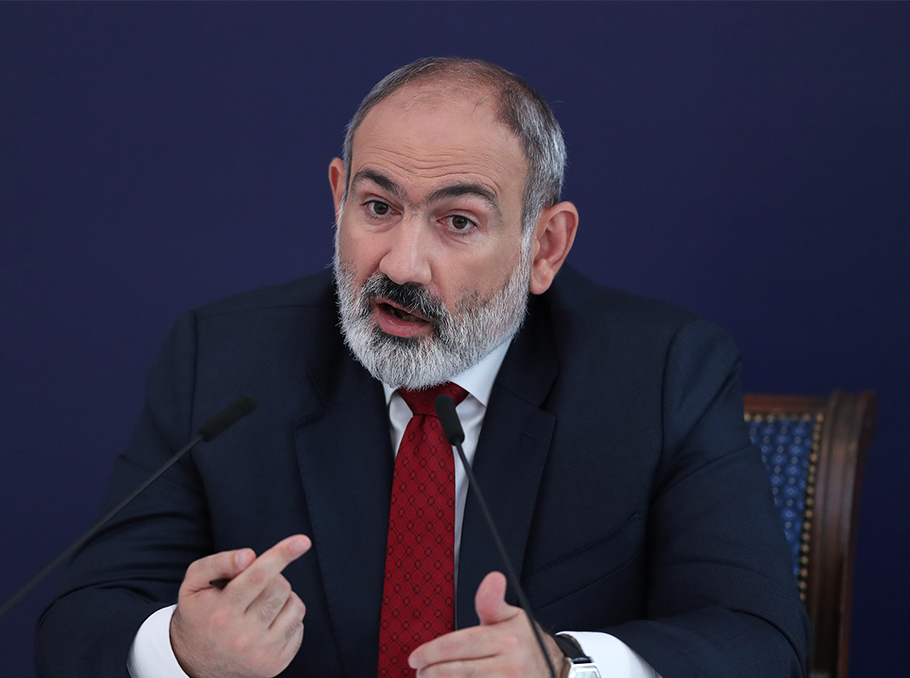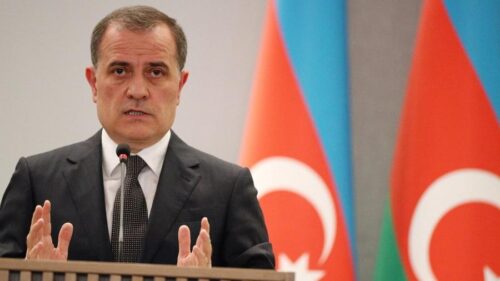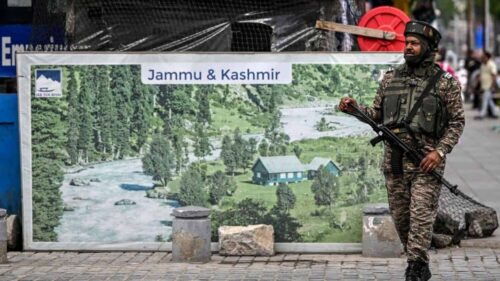
Will Pashinyan go to snap elections?
The political autumn in Armenia, as it was predictable, began quite eventfully. Even if Nikol Pashinyan says that he “predicts a good old Armenian autumn”, the course of events shows that certain developments are being generated and, depending on the expected regional events, we may witness intriguing processes in Armenia as well. Although more serious events, according to various “hanging in the air” information, are possible only in spring.
Pashinyan tries to show with Socratic calmness that everything is “hunky-dory” in the country (he rides a bicycle, distributes ice cream to children, posts videos on Tiktok), moreover, “the country is developing at a blistering pace”, but in fact, he understands that despite the current internal political vacuum, his positions are not stable and he may face a dead end. Various opinion polls, which he conducts almost once a month, prove that his rating does not exceed 20%. As for the “dramatic increases”, according to various expert publications, the budget deficit amounts to more than $1 billion, which is a serious problem, but a regular Poghos may not be told about it. Perhaps this is the reason why Pashinyan will still try to conduct snap elections, for which he is not yet psychologically ready.
It is no secret that in case of snap parliamentary elections, Pashinyan will have an advantageous position, because the real Opposition will simply be deprived of the opportunity to fully get ready for the elections. Apart from that, it is clear even from the official reports that for a long time the entire ruling team has been seriously engaged in building local party bodies and discussing “ideological” issues. It is noteworthy that the people mainly dealing with the aforementioned issues are officials after work and, at least, for a few hours. Let us not forget that meanwhile, the Civil Contract also founded its own political school, where Pashinyan himself very often gives lectures, thus trying to generate a certain generation of youth.
The priority of snap elections also lies in the fact that, as Grigor Minasyan stated in one of his briefings the other day, in 2027, a referendum on the amendment to the Constitution will most probably be held, in which Pashinyan needs a show of strength to fully participate, and in fact, snap elections are a good test to assess his actual political weight and opportunities (no survey or expert opinion can actually give a clear picture).
To put it simply, Pashinyan has been engaged in his own election campaign for a long time. Throughout the summer—despite the fact that he was on vacation—he read the room in the provinces, visited various rural communities, communicated with people and tried to understand what people’s moods were really like. Let us note that Pashinyan mainly relies on his teammates who are from provinces, instructing everyone to go to their hometowns at any suitable opportunity, to be in touch with them (go to the store on foot, help people with agricultural work, make videos on that, share them on social media). In other words, a style par for the course with Pashinyan’s populism: when there is the name, but the bowl is completely empty.
By the way, the process of new licensing of election commission members has started quite actively in the provinces, the most active part of which is the regional sector of KP, persuading people to take part in the licensing exams, but they still don’t say what kind of election they are talking about.
Perhaps it is these intentions that lead Pashinyan to try to have his “own opposition” on the political platform. However, as happens with all initiatives of this government, everything here is done very obviously and sloppily, as the main actors, despite their “criticism” directed at the authorities, clearly propagate Nikol Pashinyan’s assertions and theses, of course, giving them some sauce and external packaging (some of them try to close the obviously pro-Russian block, saying things that Pashinyan doesn’t want to say personally, while others harshly criticize Pashinyan’s critics, thus becoming the opposition to the opposition).
In fact, in the current political situation, it is difficult to unequivocally claim that Pashinyan will go to snap parliamentary elections, because the geopolitical component is also big in this case. The point is that in the near future in Georgia, in October, and in the U.S. in November, parliamentary and presidential elections, respectively, are planned, which will have their sharp manifestations in the South Caucasus region, so it is not excluded that he will arrange his political actions and the sequence of steps accordingly.
In addition, as regards the internal order and prevailing solidarity of the ruling team, which Pashinyan tries to highlight in all possible ways, that is not the case, because the situation inside the team, to put it mildly, is not that smooth. It is no secret that there are several serious currents in KP, which at the right moment will not hide their own ambitions and may “run away” from “under” Pashinyan at the right moment, because they are ruled exclusively from without. Thus, the above-mentioned geopolitical developments may have their influence in this regard as well.
Summing up, to go to elections with Nikol Pashinyan in the driving seat of the country is tantamount to another nationwide disgrace. There is no doubt that he won’t stop at anything to restore his authority and give a new lease of life to his power, using all possible means (depriving the opposition of its freedom, various political persecutions, smiling at people and confessing his love once again) to tell another legend about New Vasnyuki.
Armen Hovasapyan



